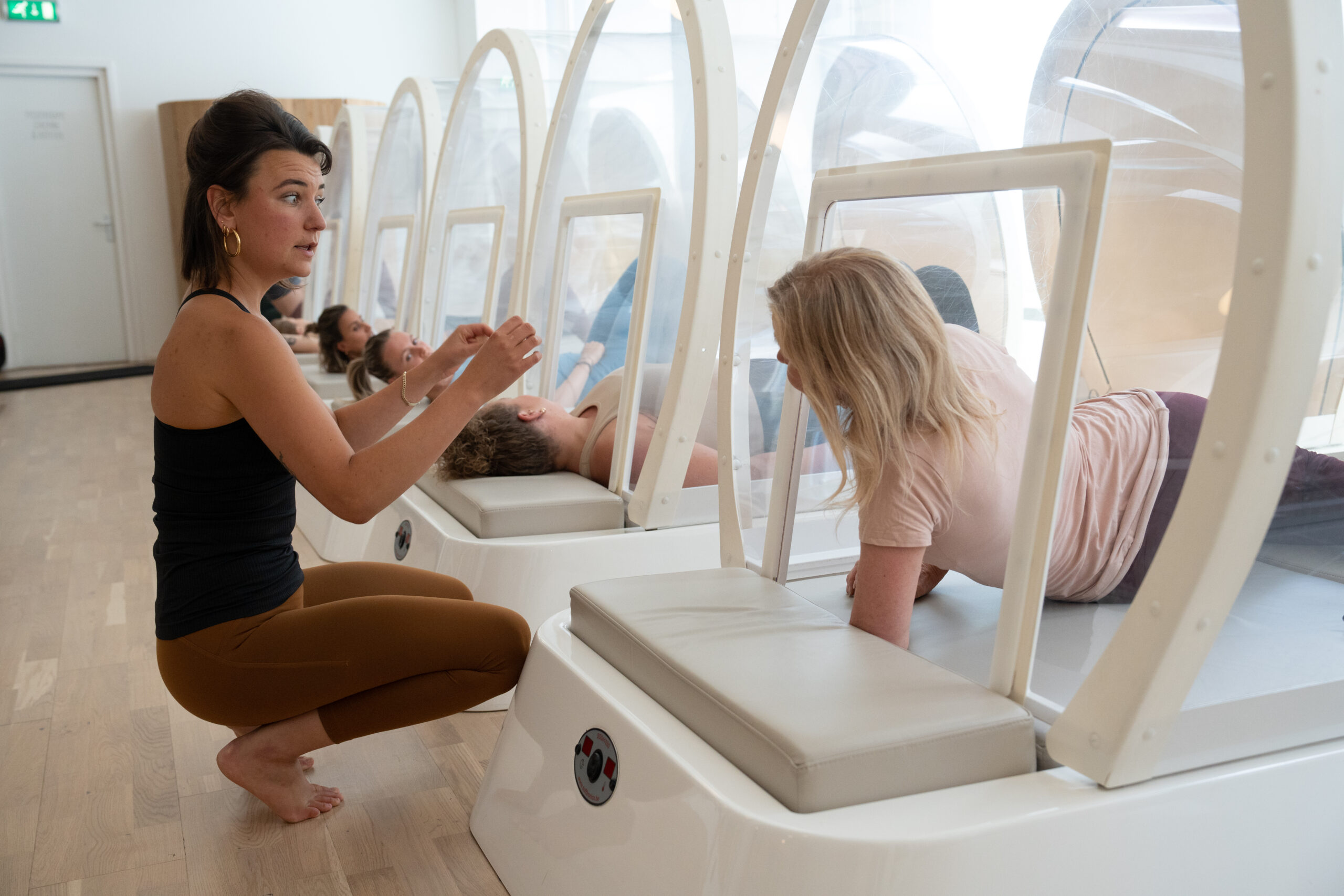Coping with rheumatism
Rheumatism can lead to stress and strong emotions. There are ways to address this through adjustments and aids. Read on for more on coping with rheumatism.
Misunderstanding of rheumatism
Do you experience misunderstanding? Make it a topic of discussion in your surroundings. Do you struggle to explain when you experience fatigue or are unable to perform tasks? Try explaining it using the spoon theory: ‘The spoon theory is based on a certain number of spoons, or tasks/activities, that you can use throughout the day. If you don’t have a chronic condition, you have an infinite supply of spoons. With rheumatism, you may have only ten and must consciously choose where to expend your energy that day. On difficult days, even simple tasks like getting dressed, grocery shopping, working half a day, or walking the dog can be challenging.’ The spoon theory can help in accepting this. If you want to learn more about it, you can also visit the ReumaNederland website.
Your lifestyle with rheumatism
Be aware of the effects a healthy lifestyle can have on your body and rheumatism. If you have more knowledge about it and are committed, you can make changes to your life more easily. Behavioral change is not easy and requires internal motivation and time. If you’d like to discuss this with a bbb coach, consider scheduling a lifestyle coaching session. If you need a deeper level of support to break patterns, see if you can arrange a free intake appointment with our psychologist via info@bbbhealthboutique.nl.

Rheumatism & confidence
Physical and bodily changes can alter your self-image. It’s important to give yourself time and learn to cope with rheumatism. Discover new strengths or be creative in coming up with possible adaptations. A coach at bbb health boutique can also assist you with this, or you can explore the self-image tool (all our tools are available on the website and in the app).
Rheumatism & pregnancy
Do you have a desire to have children? Rheumatism itself does not affect fertility, but medication needs to be considered. If you have rheumatism, your recovery period may be longer, and rheumatic symptoms can return or worsen. Rheumatism can become active again as early as six weeks after giving birth. Therefore, it’s crucial to discuss this thoroughly with your gynecologist and inform your rheumatologist and/or gynecologist in a timely manner.
Daily life
Continue to anticipate and actively participate in society. Be proactive and maintain control over your life. If you face limitations in your work or studies, be open about your rheumatic condition and discuss it with your supervisor or counselor. Ensure you get enough sleep. During the night, your body has the opportunity to recover. A flat and firm mattress and a good pillow can help ensure a good night’s sleep. Continue working for as long as possible. It’s important to discuss potential adjustments with your employer. To learn more about the topic of rheumatism and other aspects of coping with rheumatism, also read the following articles on rheumatism and nutrition, exercising with rheumatism, and living with rheumatism.
